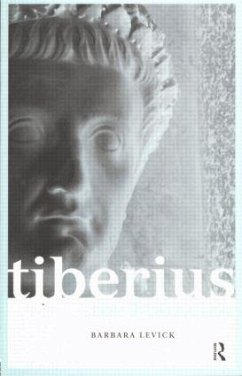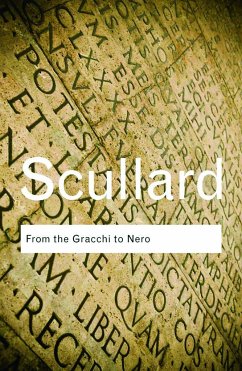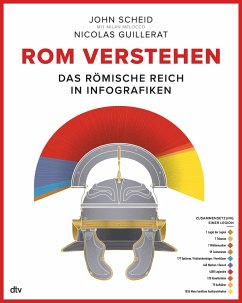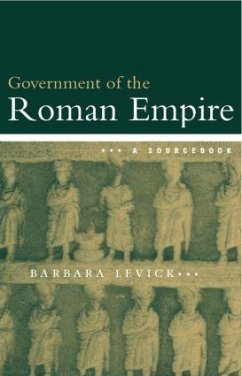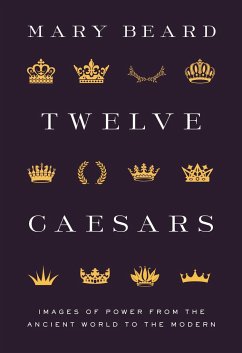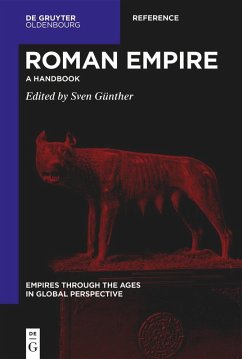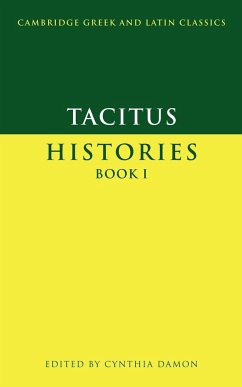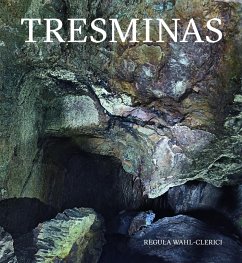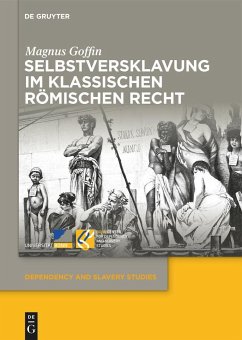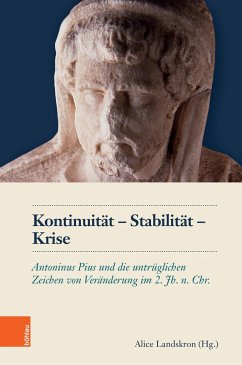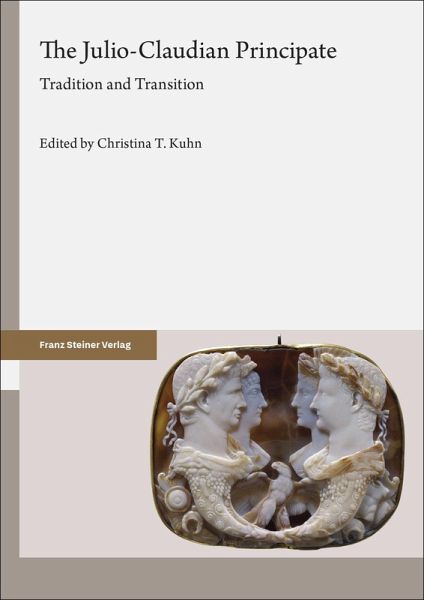
The Julio-Claudian Principate
Tradition and Transition
Herausgegeben: Kuhn, Christina T.

PAYBACK Punkte
0 °P sammeln!
The period of the Julio-Claudian principate, with Rome's transition from Republic to Empire and the rise of an imperial dynasty, marks a fascinating episode of historical change in Roman history. It saw the establishment and consolidation of a new political system that fundamentally altered Rome's political landscape, its socio-economic structures, cultural identity, and its relations with the wider Mediterranean world.This volume brings together ten essays offering fresh perspectives on key aspects of this transformative era. Representing a wide range of disciplines, the authors shed light on...
The period of the Julio-Claudian principate, with Rome's transition from Republic to Empire and the rise of an imperial dynasty, marks a fascinating episode of historical change in Roman history. It saw the establishment and consolidation of a new political system that fundamentally altered Rome's political landscape, its socio-economic structures, cultural identity, and its relations with the wider Mediterranean world.
This volume brings together ten essays offering fresh perspectives on key aspects of this transformative era. Representing a wide range of disciplines, the authors shed light on the nature, fluidity, and plasticity of the early principate and the new realities it shaped. They discuss traditional terminology and periodization, the distinctive discourses and policies of the Julio-Claudian emperors, and the role of individuals and institutions in shaping the processes of transformation. They also analyze the development of traditional offices and the emergence of new structural features, as well as the ways in which contemporaries and later historians perceived this period of change and crafted the narratives of one-man rule.
This volume brings together ten essays offering fresh perspectives on key aspects of this transformative era. Representing a wide range of disciplines, the authors shed light on the nature, fluidity, and plasticity of the early principate and the new realities it shaped. They discuss traditional terminology and periodization, the distinctive discourses and policies of the Julio-Claudian emperors, and the role of individuals and institutions in shaping the processes of transformation. They also analyze the development of traditional offices and the emergence of new structural features, as well as the ways in which contemporaries and later historians perceived this period of change and crafted the narratives of one-man rule.




